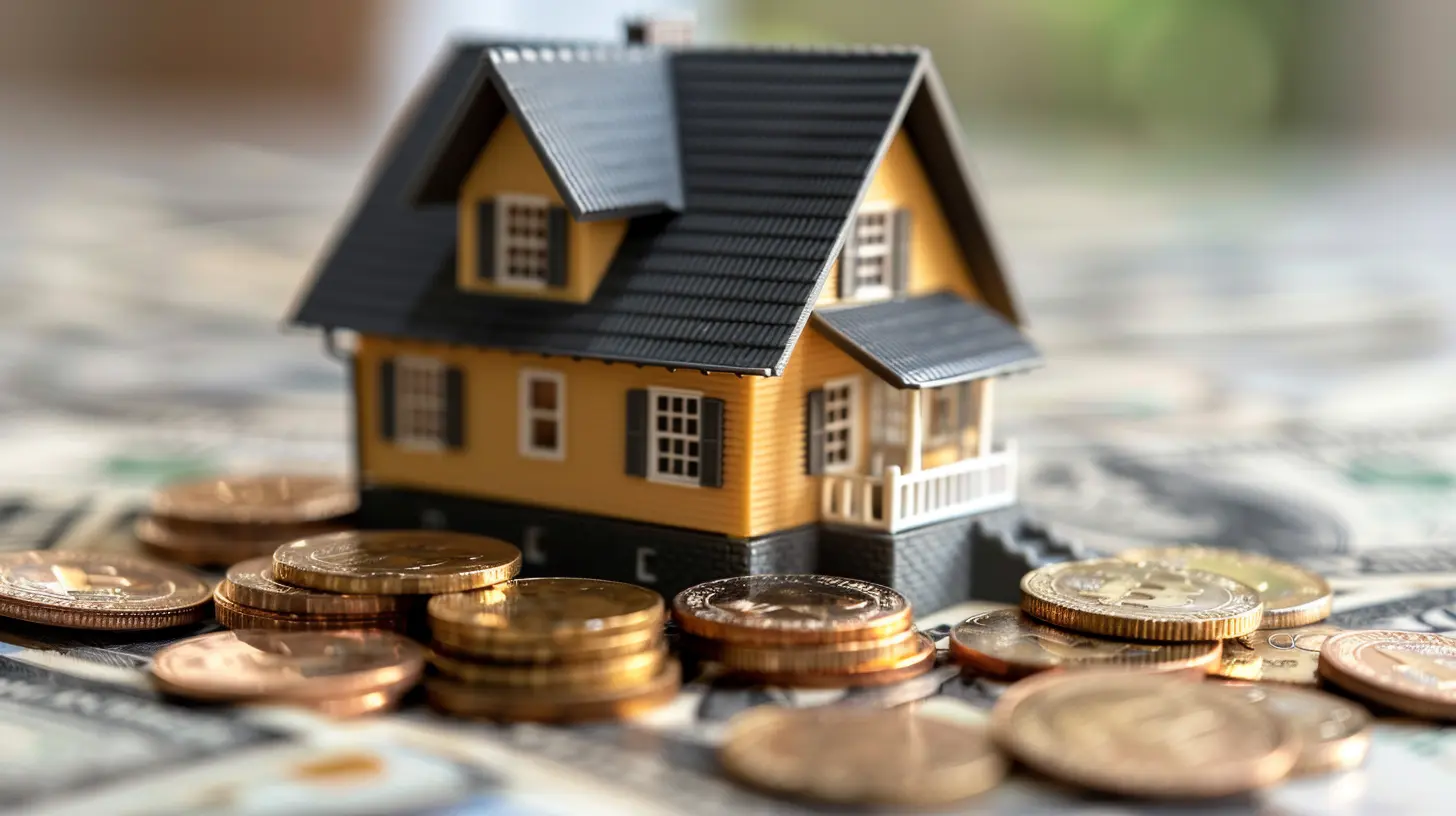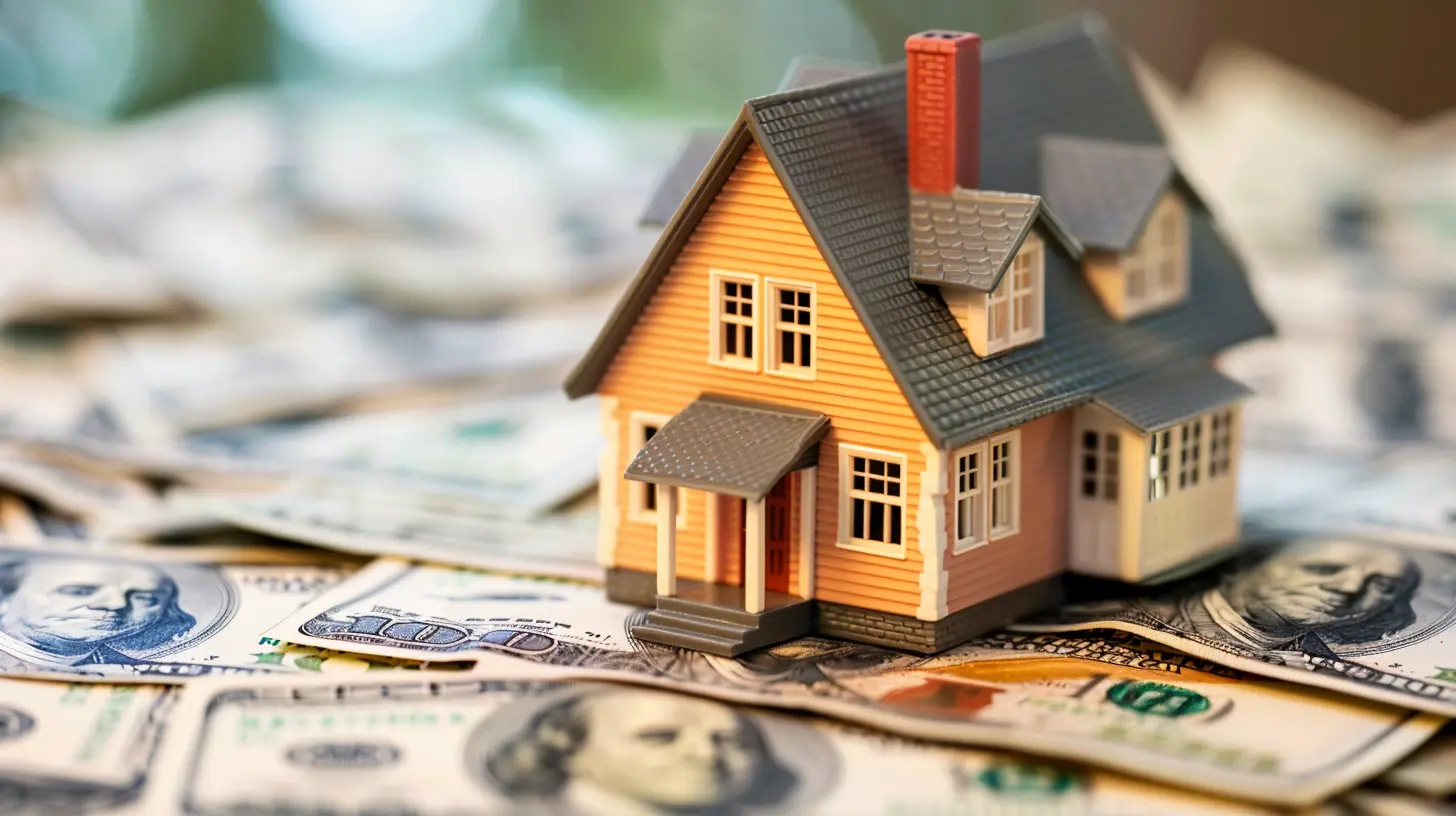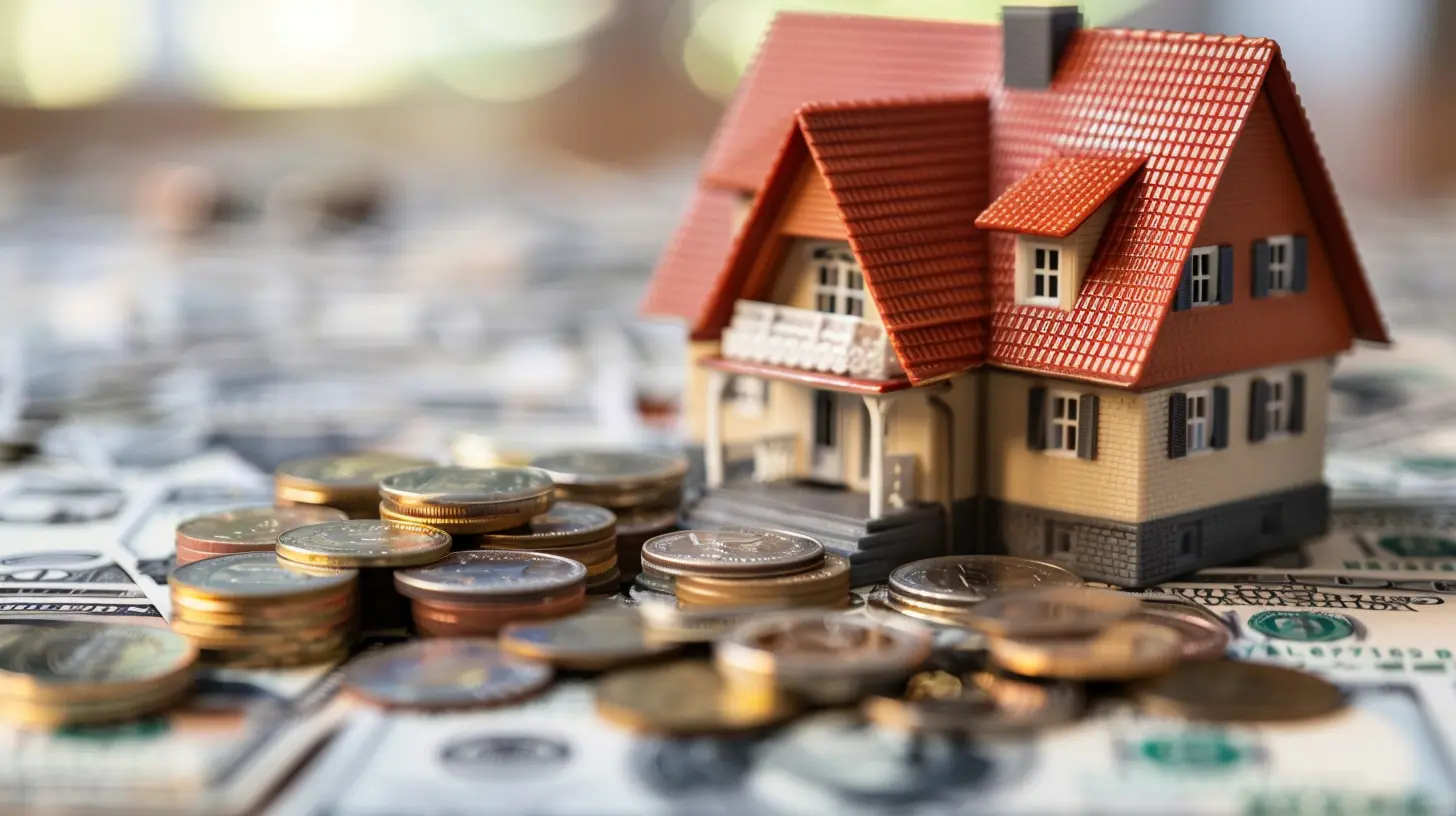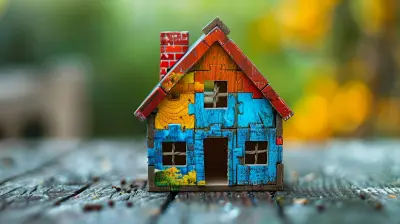How Inflation Affects Home Affordability
23 August 2025
Inflation is a word that gets thrown around a lot, especially when the economy starts acting up. But what does it really mean for homebuyers? If you're dreaming of owning a home, you might be wondering how rising prices affect your ability to afford one.
Well, inflation is like a silent thief—it eats away at your money’s buying power, making everything, including housing, more expensive. But that's just the tip of the iceberg. Let’s break it down and see exactly how inflation impacts home affordability and what you can do about it.

What Is Inflation Anyway?
At its core, inflation is the rate at which prices for goods and services increase over time. A little inflation is normal—healthy, even. But when inflation skyrockets, it can shake up everything, from grocery bills to mortgage rates.If you've noticed that a cup of coffee costs way more than it did a few years ago, that's inflation in action. Now, think about that same effect applied to home prices. Not a pretty picture, right?

How Inflation Impacts Home Prices
1. Home Prices Go Up
When inflation rises, so do home prices. Why? Because the cost of materials, labor, and land all increase. Builders have to pay more to construct homes, and they pass those costs along to buyers.During high inflation periods, you may notice fewer houses being built because the cost to develop them becomes too high. This limited supply can push prices even higher, making homes even less affordable.
2. Mortgage Rates Increase
If you’re planning to finance a home with a mortgage, inflation can hit even harder. The Federal Reserve often raises interest rates to combat inflation, which makes borrowing money more expensive.Higher mortgage rates mean higher monthly payments. A difference of just 1% in interest can cost you hundreds of dollars more every month. Over the life of a loan, that can add up to tens of thousands of extra dollars.
For example, let’s say you’re looking at a $300,000 home. If mortgage rates jump from 3% to 6%, your monthly payment could increase by several hundred dollars. That’s money you could’ve been saving or spending elsewhere.

What Inflation Means for First-Time Homebuyers
If you’re a first-time homebuyer, inflation can feel like a double whammy. Not only are home prices higher, but you’ll also need to qualify for a more expensive mortgage. Lenders consider your debt-to-income ratio, and if your mortgage payments get too high, you may not even qualify for the loan you need.1. Your Purchasing Power Shrinks
Imagine you’ve been saving up for a home and you finally have enough for a down payment. But, as inflation rises, home prices shoot up too. That means the home you could’ve afforded last year might now be out of reach.It’s frustrating, to say the least. Your savings don’t go as far, and you might have to settle for a smaller house or a less desirable neighborhood.
2. The Cost of Living Eats Into Your Budget
Inflation doesn’t just impact home prices—it also drives up the cost of everyday essentials. Groceries, gas, and utility bills all get more expensive. That leaves you with less money to save for a house or to cover mortgage payments once you buy.When your paycheck doesn’t stretch as far, homeownership can start to feel like a distant dream. But don’t lose hope—there are ways to navigate an inflationary market.

How To Buy a Home During High Inflation
So, does inflation mean you should give up on buying a home? Not necessarily. You just need a game plan. Here are some tips to help you afford a home even when inflation is high.1. Lock in a Fixed-Rate Mortgage
One of the smartest things you can do is choose a fixed-rate mortgage. With a fixed rate, your monthly payment stays the same regardless of inflation.Adjustable-rate mortgages (ARMs) might look tempting at first with their lower initial rates, but they can skyrocket later, making your house payments unpredictable.
2. Boost Your Credit Score
A higher credit score can help you secure a lower interest rate, saving you thousands over the life of the loan. Pay off debts, make all your payments on time, and avoid taking out new loans before applying for a mortgage.3. Save a Larger Down Payment
The more you put down upfront, the less you have to borrow. That means lower monthly payments and potentially avoiding private mortgage insurance (PMI). A bigger down payment can also make you a more attractive borrower, helping you secure better loan terms.4. Consider Alternative Housing Options
If home prices are too high, think outside the box. Look into fixer-uppers, condos, or homes in up-and-coming neighborhoods. You might even consider moving to a more affordable city or state.5. Time Your Purchase Right
The real estate market has cycles. If prices are high, it might be wise to wait for a market cooldown. Keep an eye on trends, and be ready to jump in when conditions improve.Inflation’s Silver Lining: Why Buying a Home Still Makes Sense
Believe it or not, homeownership can actually be a hedge against inflation. Here’s why:- Fixed Payments: If you have a fixed-rate mortgage, your monthly payment stays the same while rent prices continue to rise.
- Appreciation: Real estate tends to increase in value over time. Even if prices are high now, chances are your home will be worth more in a few years.
- Building Equity: Instead of throwing money away on rent, each mortgage payment helps you build equity—a financial asset that can benefit you in the future.
Yes, inflation makes buying a home more challenging, but if you can afford it, it can still be one of the best financial decisions you’ll ever make.
Final Thoughts
Inflation is an unavoidable part of the economy, but it doesn’t have to derail your homeownership dreams. By understanding how inflation affects home affordability and taking strategic steps, you can still find a way to own a home.Stay informed, improve your financial health, and be patient. The right home at the right price is out there—you just have to play it smart.
all images in this post were generated using AI tools
Category:
Housing MarketAuthor:

Elsa McLaurin
Discussion
rate this article
1 comments
Erica McDonald
Inflation is like that mischievous raccoon that sneaks into your wallet while you’re distracted! Let’s navigate this quirky landscape of affordability together, or we might end up trading our homes for a cozy cardboard box!" 🏡🦝✨
September 8, 2025 at 12:04 PM

Elsa McLaurin
Great analogy! Navigating inflation can indeed feel like a tricky game, but being informed can help us secure our homes and keep those pesky raccoons at bay! 🏡✨


